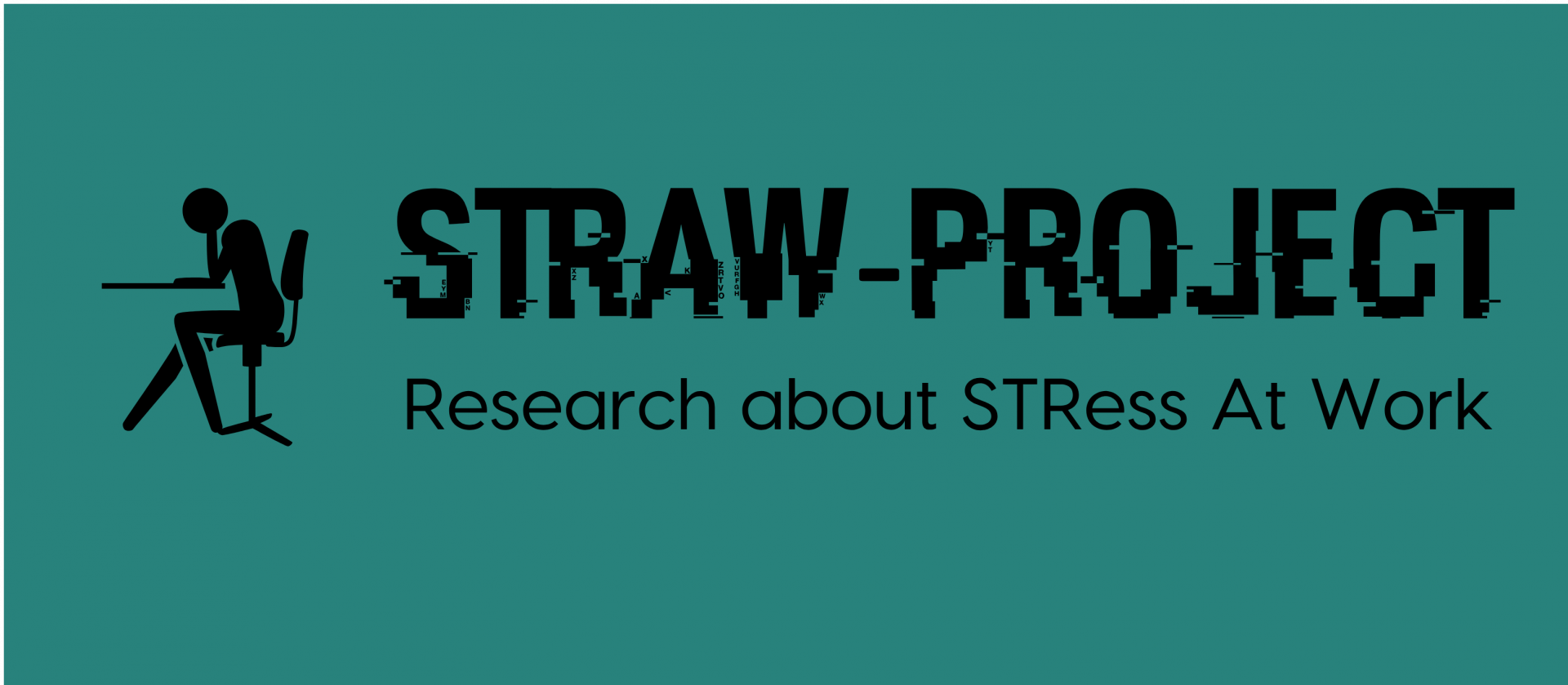Introduction to and novelty of the project
Over the past decades, substantial attention has been paid to research focusing on chronic exposure to psychosocial stressors in occupational settings and its adverse impact on chronic disease outcomes. The influence on mental and cardiovascular health in particular has been tested and confirmed by frameworks leading in stress research, such as the Job-Demand-Control-Support model and the Effort-Reward-Imbalance model.
Our project adds new approaches to stress research by including several novel aspects; 1) we focus on day-to-day stressand not on chronic stress, 2) we will detect stress in real-word settings i.e. at work and not in lab studies in which participants get exposed to artificially created stress situations, and 3) we measure work environment risk factors (i.e. stressors), and self-perceived stress outcomes (i.e. consequences of stress) repeatedly i.e. more than twice, as compared to traditional longitudinal/follow-up studies. Additionally, physiological responses to stress and smartphone sensor data will be measured continuously.
Research question
How are relationships between 1) work environment risk factors (i.e. stressors), 2) self-perceived stress outcomes (i.e. consequences of stress) experienced in occupational settings, 3) physiological stress parameters, and 4) context as inferred from smartphone sensor data in office-based workers – employed in academic settings – best modeled?

